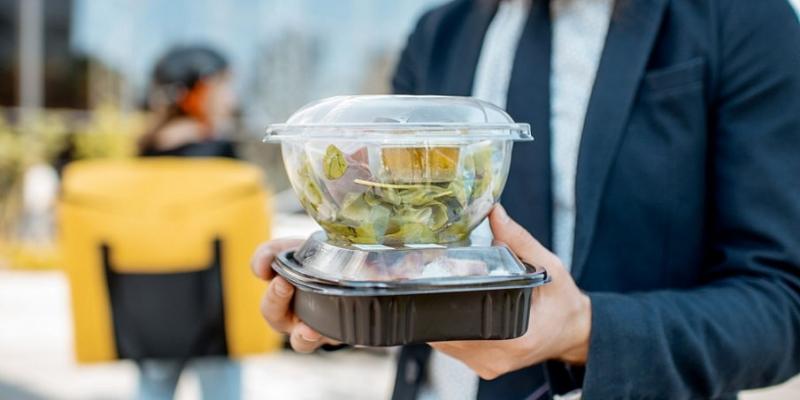Small milk producers in Navarra: "The time of cheap food is over"
- A group of milk producers in Navarre has thrown milk into the ground in the Plaza del Baluarte de Pamplona/Iruña. They have denounced the fall in milk sales prices and called for the increase in milk prices.

The agricultural trade union EHNE has also participated in the mobilisation and in the letter sent to the drafting it has explained the situation of milk producers: “A week ago at a primary sector forum we were told that we had to get closer to the consumer and that’s what we’re going to do today, we’ll explain how the food supply chain works.”
“The farmer produces milk. A lorry driver takes him to the packing company, which produces whole milk, semi-skimmed milk, yoghurt, etc. With the same milk, the company sends white label milk and brand milk. Transporters put it in stores and department stores. And the consumer buys milk.
The consumer pays one euro for one litre of milk or 0.69 cents for one litre of white milk. Department stores put a price on companies. And the department stores tell companies what needs to be increased in pennies to the farmers. On the other hand, companies set farmers a price on the basis of their quality. We’ll be from the few sectors that don’t put a price on the product they make.”
As you have explained, consumer money remains on the big surface: “Large areas drown the primary sector. You know what your challenge is: survival. EHNE has denounced that the sector is drowning with the rise in feed prices, but also with the rise in light, diesel and other goods. “We are permanently closing dairy farms, which will intensify in the coming months. We're not going to go on TV, because we go one by one. It won't be like shutting down a 50-person company. Then we take our hands to the head.” As a result, they explained, "Low cost foods are over", which have been used by the United States.
The war in Ukraine and those who are enriching
Farmers are clear that the war in Ukraine has to do with price increases, but they are also denouncing the enormous speculation in the energy sector: "In 2008, Brent's barrel reached 140 dollars and diesel was 1.40 euros. In 2022, Brent’s barrel is $128 and diesel is $1.80. Someone is getting rich.”
They call for compliance with the Food Chain Law, but in all the links, not as it is today. And they have sent out a message of solidarity to the transporters, saying that they are also part of the food chain: “We share your demands.” They also state that “we will take the first steps to take care of the contracts that companies make, and we will take action by denouncing illegal practices.” More activities have been announced for the coming weeks.
"Until recently the peasants threw their wells, but they can't. In some areas there are 300 milligrams of nitrates per liter, with a maximum authorized of 50". This is the phrase read by Berria in the report on water management, and which speaks of Caparroso, the town of southern... [+]
Abenduan egin zuen eskaera Nafarroako kooperatibak, Espainiako Ministroen Kontseiluak behi-etxaldeei buruzko dekretu berria atera baino ia hilabete lehenago. Nafarroako Gobernuak, dena den, datorren maiatzera arte etxaldeak ez handitzeko moratoria onartuta du joan den... [+]






















